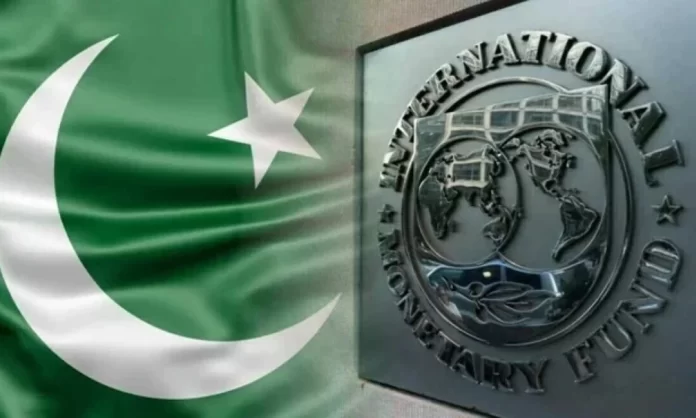Finance Minister Muhammad Aurangzeb stated that an International Monetary Fund (IMF) delegation will visit Pakistan at the end of September, with the country anticipating the receipt of the third tranche of $1 billion following the next review under the $7 billion Extended Fund Facility (EFF).
Aurangzeb said preparations for the upcoming economic review were complete. He added that the IMF projects Pakistan’s GDP growth at 3.6% for the fiscal year 2026.
According to the IMF’s recent World Economic Outlook Update titled “Global Economy: Tenuous Resilience amid Persistent Uncertainty”, Pakistan’s economy will grow by 3.6% in fiscal year 2025–26, falling short of the government’s target of 4.2%.
Pakistan’s current EFF arrangement was approved in September 2024, replacing the nine-month Stand-by Arrangement that had concluded earlier that year. The new programme, worth $7 billion, was designed to provide medium-term support for Pakistan’s fragile external sector while pushing forward structural reforms.
The first review of this programme had been completed by early 2025. On March 25, 2025, Pakistan and IMF staff reached a staff-level agreement, which was subsequently approved by the IMF’s Executive Board on May 9. Following this approval, the IMF released the next tranche of funds to Pakistan’s central bank.
The finance minister noted there was scope for a further cut in the policy rate this year, citing a decline in average and core inflation. “At present, the policy rate is 11%. Decisions on policy rate and exchange rate remain with the State Bank of Pakistan and its Monetary Policy Committee,” he said, adding his personal view that a reduction could be considered during the year.
Aurangzeb highlighted steps taken over the past 18 months to stabilise the economy, including revenue enhancement, rupee stabilisation, increased agricultural loans exceeding Rs2.5 trillion, and debt servicing of Rs1 trillion last year. He added that economic growth-focused agreements with the IMF, a favourable US tariff deal, and ongoing accords with China were under implementation.
The minister said Panda bonds would be issued by year-end, a benchmark for Sukuk bonds had been set, and the government aimed to provide a better environment for the private sector. He noted a rise of 250,000 company registrations, a 38% increase in private sector loans, reduced electricity tariffs, and ongoing tax administration reforms.




